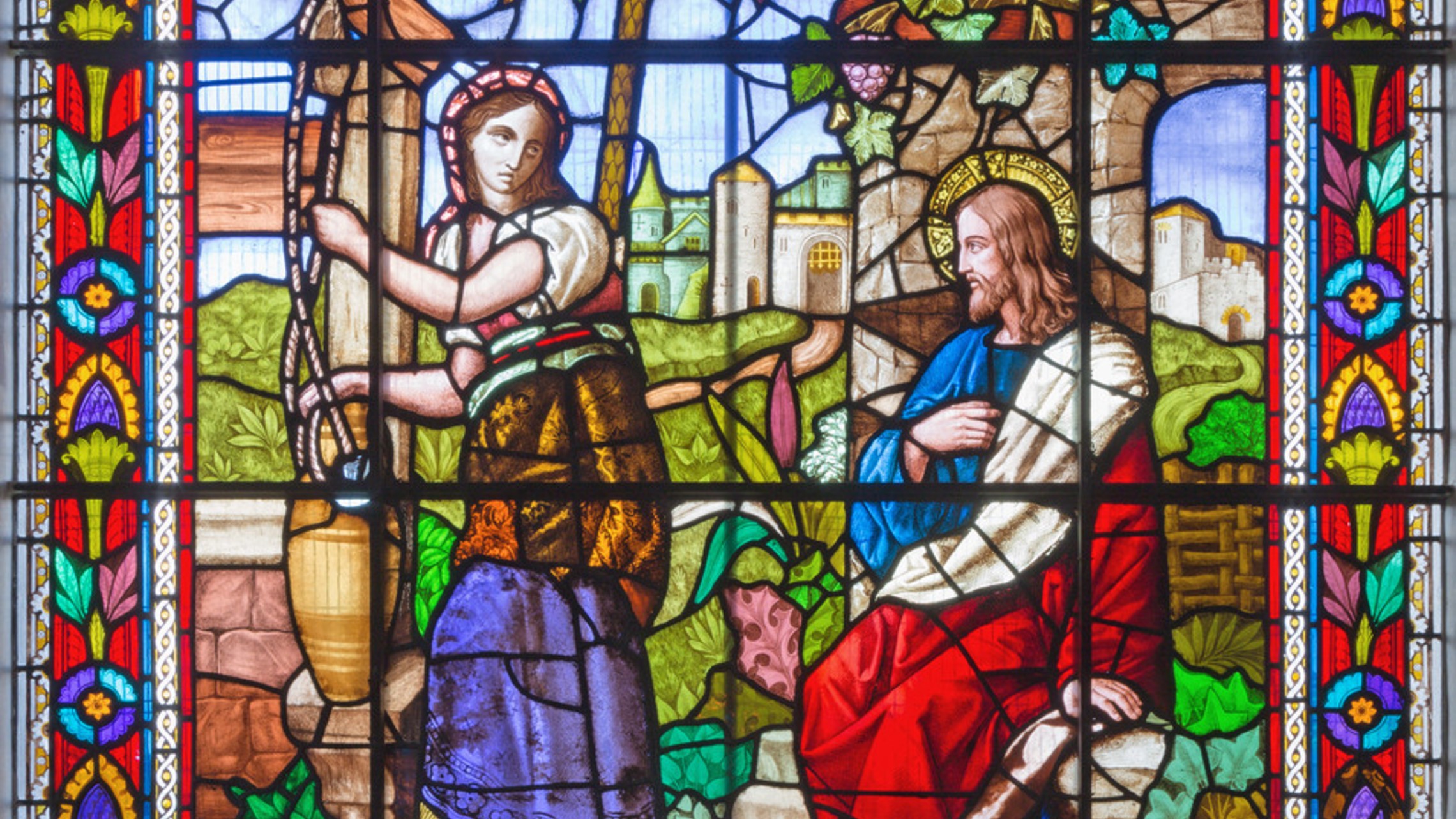ELECTION CONSIDERATIONS

By Father Frederick Edlefsen
 Election Considerations
Election Considerations
Fr. Frederick Edlefsen
I begin by quoting a bishop. “According to Catholic doctrine, there are doubtless commandments which are not binding when obedience to them requires too great a sacrifice, but there are sacred obligations of conscience from which no one can release us and which we must fulfill even at the price of death itself. At no time, and under no circumstances whatsoever, may a man, except in war and in lawful defense, take the life of an innocent person.” For now, I won’t identify the bishop. But the reasoning is familiar to Catholics.
The bishop’s point is about “moral absolutes.” There are some things we must never do. Some human rights must never be violated. Examples include torture, taking hostages, lynching, terrorism, abortion, targeting civilians in combat, and exploiting vulnerable persons – like the poor, refugees, migrants, wage earners, elderly, and orphans. Such sins “cry to heaven” (Catechism of the Catholic Church, 1867). “You must not mistreat or oppress a foreigner…” (Exodus 22:21). Those who commit these sins, with responsibility and conscience, will face God’s Judgment. “What you did to the least of my brothers and sisters, you have done to me” (Matthew 25:40). Human rights do not derive from states, laws, or ideas. They derive from nature as given by God.
“Conscience” is not a subjective opinion. It is an intelligent, honest, and informed “act of knowing” what is right and wrong – something we humans are capable of. In this election, your conscience should cast your vote. I am not suggesting this clears up your questions and dilemmas. You may be conflicted. In fact, the proposition that “your conscience” casts your vote probably raises more questions and dilemmas. Voting decisions are rarely morally clearcut. As the king in “The King and I” sung, “Is a puzzlement!” For Catholics, no candidate totally fits the bill, as if Mother Teresa and Francis of Assisi were on the ballot. But we must vote with an enlightened conscience and leave the rest to Providence.
Who was the bishop quoted at the beginning of this article? It was Archbishop Clemens von Galen of the diocese of Munster, Germany, speaking againts euthanasia from the pulpit on August 3, 1941.
Learn more about Bishop Clemens von Galen here: https://newspapers.ushmm.org/events/german-bishop-condemns-the-killing-of-people-with-disabilities
Read the United Nations "Universal Declaration on Human Rights" (1948): https://www.un.org/en/about-us/universal-declaration-of-human-rights
Categories:



